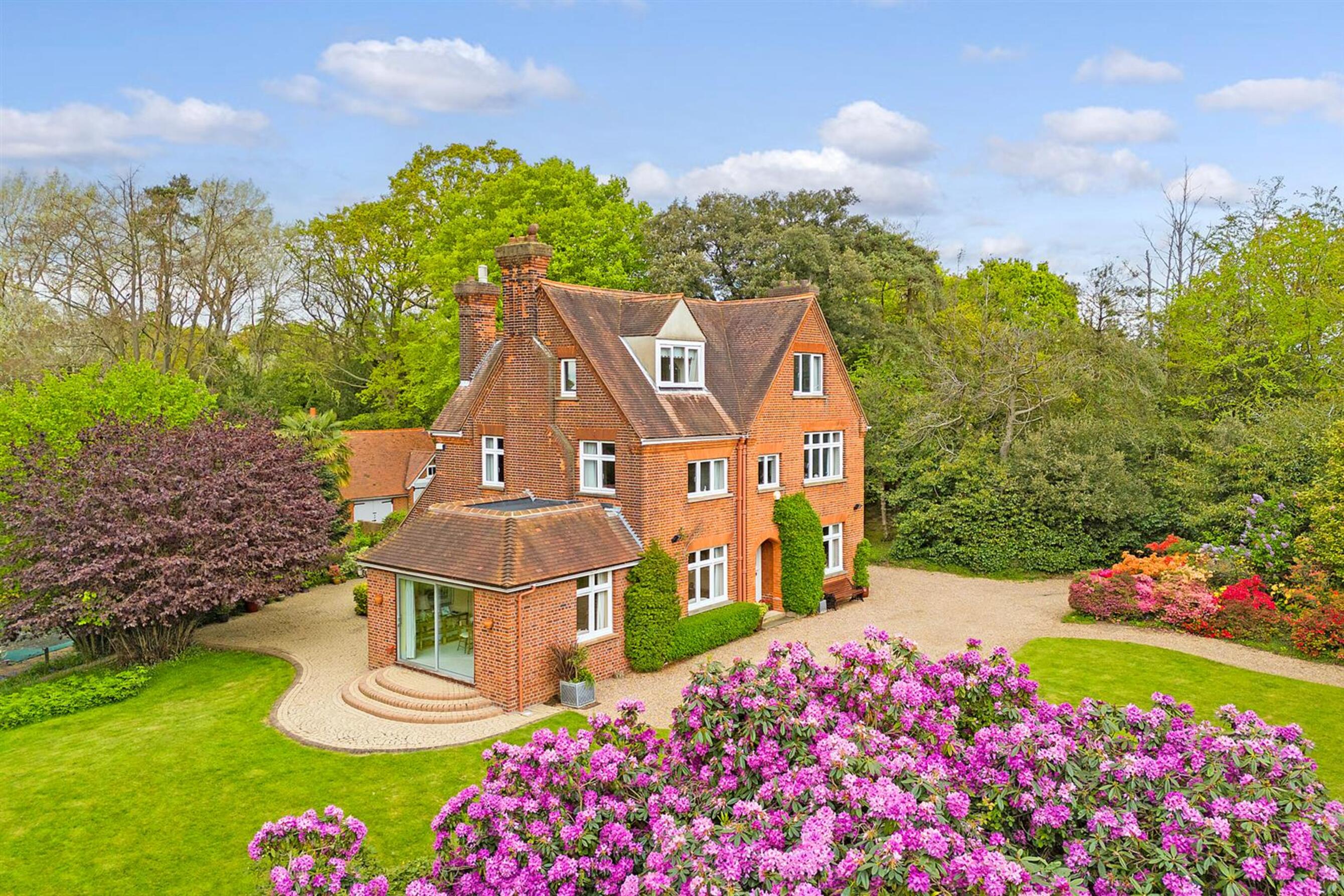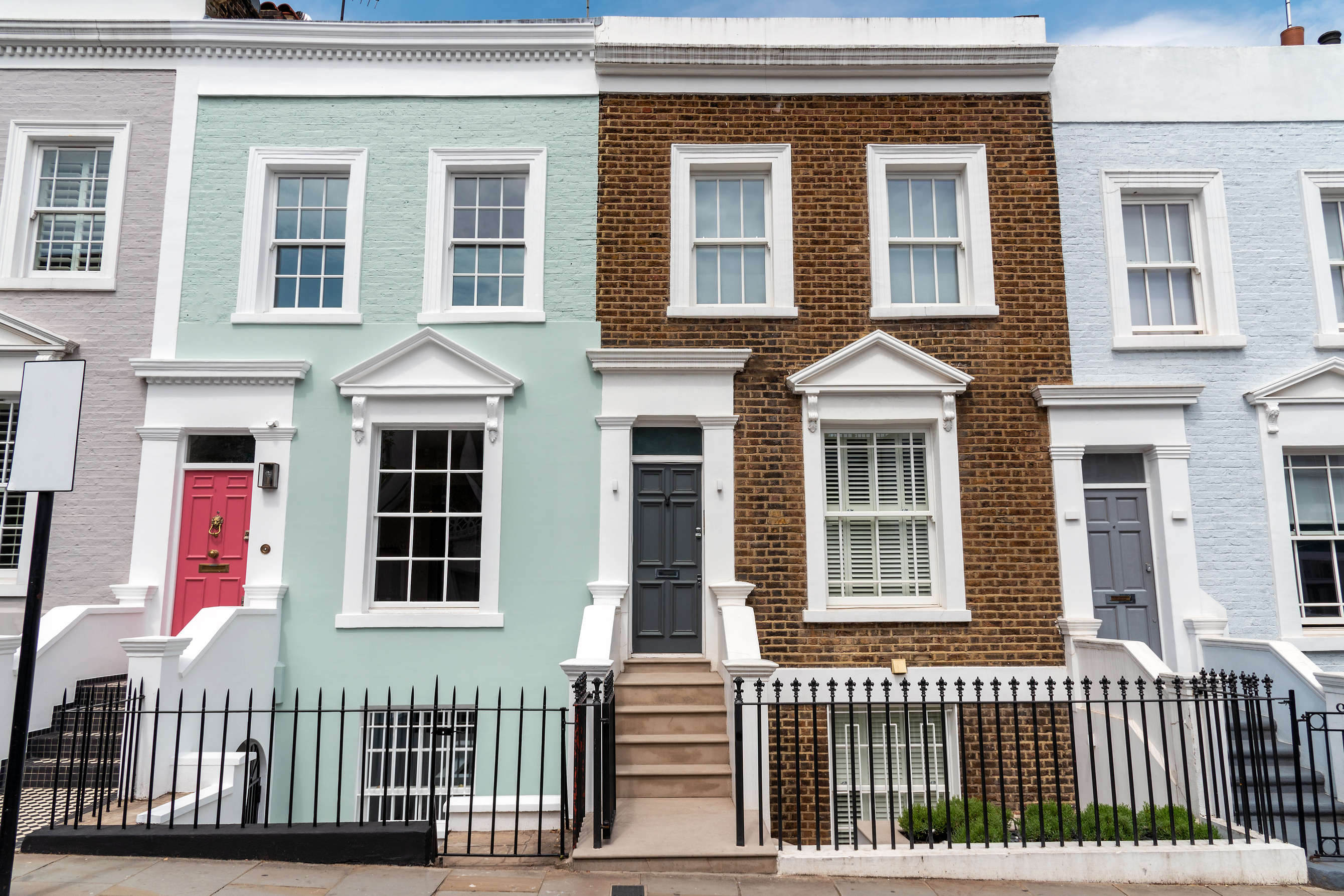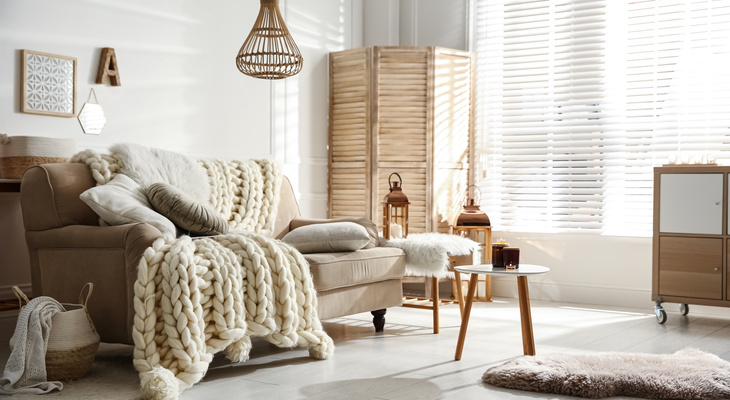Energy Efficiency Solutions for Your Property
Chancellor of the Exchequer, Rishi Sunak, announced the Green Homes Grant Scheme in his Summer Statement on 8 July, whereby the Government will be issuing UK homeowners up to £5,000 worth of vouchers to make their homes more energy efficient.
The scheme is part of a £3billion green jobs package, hoping to create 100,000 green jobs to kickstart the road to recovery of the economy following months of lockdown. The Treasury aims for around 650,000 homes to be upgraded, saving families up to £300 a year in utilities, and bringing the UK closer to its 2050 target of achieving net-zero carbon emissions.
Landlords and homeowners can apply for the vouchers from September, covering up to two thirds of the cost per household, to help fund energy-saving upgrades, such as insulation or double-glazing. Low income households may benefit from up to £10,000 of government vouchers to support improvement works.
Which energy-saving home improvements will be covered by the grant?
A comprehensive list of what the Green Homes Grant has not yet been posted, however, below are the confirmed home improvements that will be covered by the scheme:
- Wall insulation
- Roof insulation
- Double glazing on windows and doors
What other things can I do to make my home more energy efficient?
Many of us want to do more to utilise clean energy at home, but a huge number of homeowners do not realise just how easy and varied it is to power your home with green electricity. You might be surprised at all the different ways to reduce your reliance on the grid and invest in green sources.
Here are five ways that you can power your home using clean energy options:
Choose a green energy provider
Firstly, you have the simplest and least invasive option in terms of powering your home with clean energy: switching to a green energy provider. The UK has a huge range of fantastic green electricity providers, so it is actually very easy to make the switch over from your traditional supplier. By doing so, this sends a message to the major energy companies that they need to work on their way of doing business. Use comparison sites such as Simply Switch which identifies the most environmentally friendly and cheapest providers.
Solar panels
You may want to do more than just change suppliers however, and if you have a property that is suitable, you may wish to install energy generating hardware that can help both to reduce your energy bills, but also to ensure that you have more control over the energy you use.
Perhaps the most obvious (and certainly the most popular) choice of renewable energy technology is adding solar PV panels to your roof. Solar PV modules are used to convert sunlight into electricity that can be immediately used to power your home.
Wind power
Not all homes are ideal for solar panels. You may not have a roof space, or you might not want the aesthetic changes to your property created by solar PV panels. So, another option is small wind turbines that draw electricity from wind movement.
However, there are more likely to be issues with planning permission surrounding this, so make sure to do your research beforehand.
GSHPs
One option that is often overlooked but could actually be extremely valuable for many homeowners is the concept of ground source heat pumps (GSHPs). These pumps are extremely useful for homeowners with grounds, as they are buried underground and draw heat from the soil. So, if you have a lot of ground space, but perhaps lack the rooftop area or access, GSHPs could be a brilliant possibility.
A large tube of pipe is buried in the ground, and a pump then circulates a mix of water and antifreeze. This draws heat which can then be used in the home to heat appliances such as underfloor heating or radiators.
Solar water heating
You could consider the possibility of installing a solar water heater, using solar thermal technology to heat your domestic water. It’s a very simple system to install and can be much smaller and less obvious than solar panels on your roof. This option is ideal for your home if you are planning incremental changes and want to take it slowly.
More people making changes to their home can have a huge impact on the amount of energy we use. Adding sources of clean energy can be beneficial for both the planet and your bank balance.
Contact us today!
If you’re looking to buy, sell or for further advice on property related matters, contact your local Guild Member.
Find out more information on the recent changes of the Minimum Energy Efficiency Standard in our blog post here.
Blooming lovely: top spring gardens
How to get the best price for your home
How to winter proof your home
The Guild secures ESTAS Award for Best Agency Network for the fourth consecutive year

Neville & Neville Estate Agents
London Office
121 Park Lane
Mayfair
London
W1K 7AG
London Mayfair:
0203 0965353

Neville & Neville Estate Agents
East Sussex Office
Forge Meadow, Hammer Lane
Cowbeech, East Sussex
BN27 4JL
East Sussex:
01323 833630
contact@nevilleandneville.co.uk
LONDON OFFICES
WE HAVE THE BUYERS YOU NEED!
NATIONAL & INTERNATIONAL MARKETING






